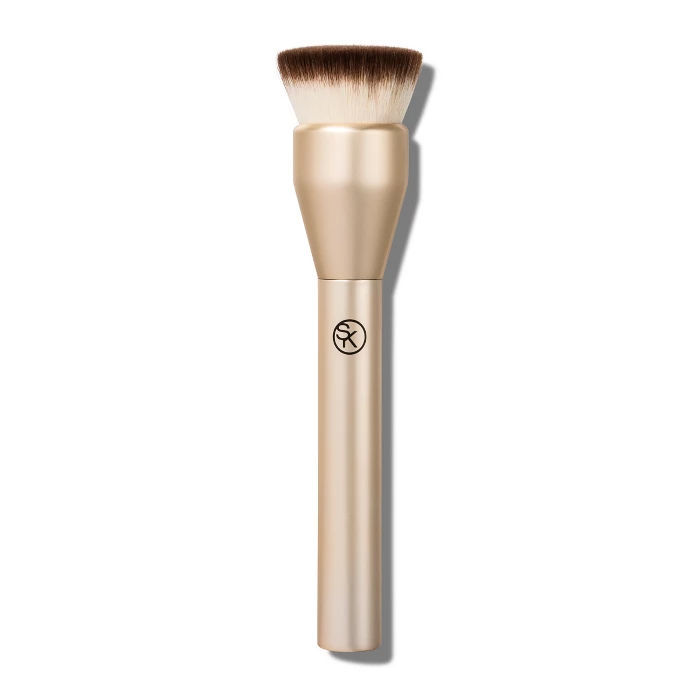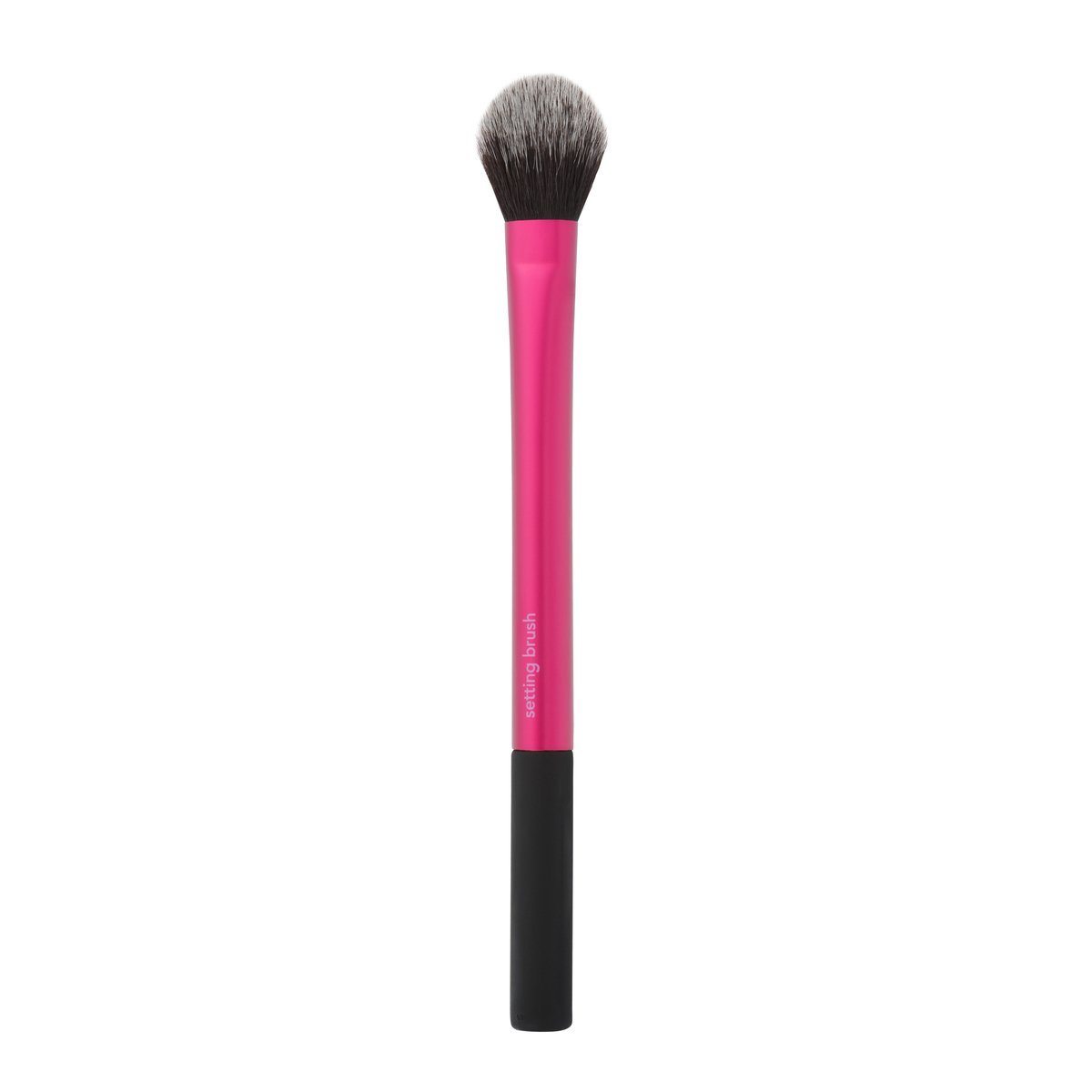Since I aspire to be the type of high-functioning person who owns foundation brushes, I figured it might be prudent to ask the experts what, exactly, I should be looking for in such a purchase. After all, they aren't necessary cheap. "Brushes can be an investment, but they're so worth it," makeup artist Neil Scibelli assures me. To apply foundation, he uses a beauty blender in combination with a foundation brush. "I like synthetic foundation brushes that are typically fuller, so theres not risk of the bristles clumping together and leaving a streaking effect on your skin," he says. "I have a lot of double-sided concealer/foundation brushes, which are really convenient when you want to have a smaller end for around the nose or around the eyes."
Makeup artist Jeannie Vincent, meanwhile, says the type of brush you choose should really depend on the type of coverage you want. Below, she shares her recommendations, and offers a reminder for brush care as well. "Something to note about foundation brushes (generally) is that you really want to clean them after every use, otherwise you will get a streaky application," she advises.

1. MAC 190SH Foundation Brush, $35
Generally speaking, the paddle type foundations brushes (think the classic foundation brush, pictured below) will give you the most full coverage application," says Vincent. "They let you paint the foundation on."

2. Sonia Kashuk Flat-Top Foundation Brush, $9
A flat-top buffing brush will give good coverage as well but tend to have larger surface areas so not as great for precision coverage. Better for an all-over application versus spot covering.

3. Japonesque Stippling Brush, $26
A stippling or dual-fiber brush (aka skunk brush) will give a little bit of a softer, more sheer application. Good for those who don’t need a ton of coverage. The white bristles at the tip are softer and less dense than those the base of the brush.

4. Real Techniques Setting Brush, $8
I also like to use smaller brushes all together for foundation, because that allows you to really target the coverage.
Loading More Posts...